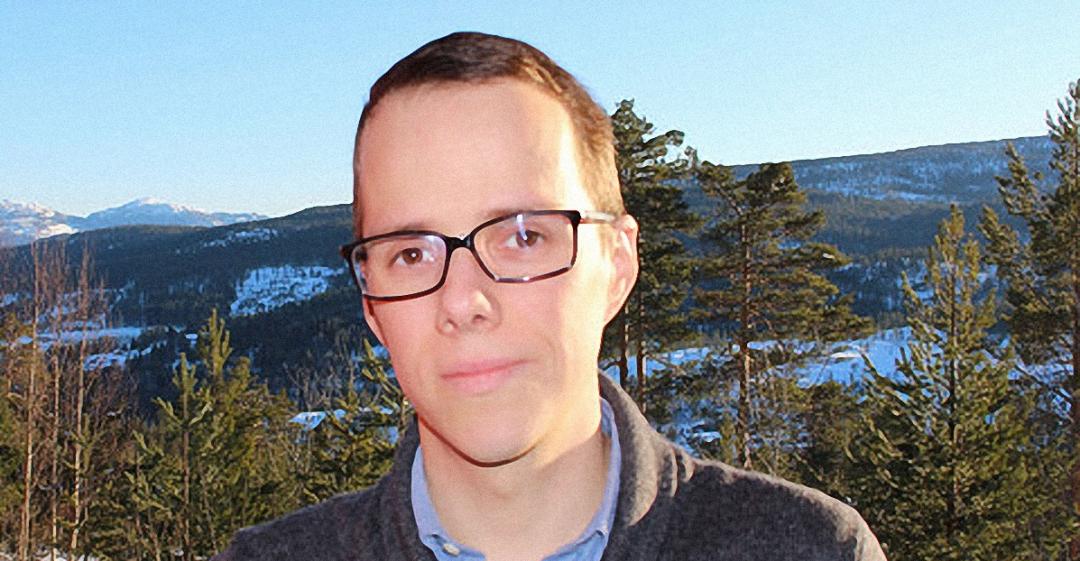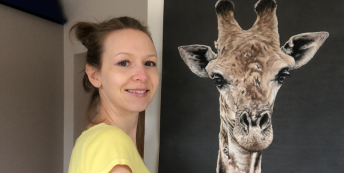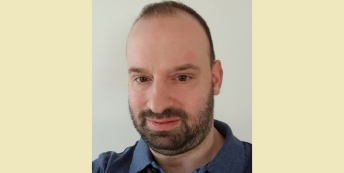“I don't miss the day-to-day stresses.”

What work were you doing previously?
Previously I was working as a marketing manager for a lifestyle company.
What are you doing now?
I'm a consulting analyst for The Information Lab.
That means I do data analysis, consulting and training in how to effectively make use of data to drive business decisions.
Why did you change?
There were two reasons why I decided to make the change.
Firstly, because I experienced how marketing was needing to become more data-driven and I realised I needed to upgrade my skill set.
Secondly, because I realised that working with data, and driving results using it, were some of the most interesting parts of my job.
When was the moment you decided to make the change?
The moment came after a lot of research and learning about data analysis.
I specifically remember watching a webinar about it which impressed me so much that I decided that I wanted to do as much of that as I could.
Are you happy with the change?
Yes, I'm very happy with the change.
So far I'm enjoying every day of it. Of course there are challenges and obstacles, but I can feel my new career is a better fit for me personally, which makes the challenges and obstacles easier to deal with.
What do you miss and what don't you miss?
I do miss being able to see my work in public and people's reaction to it.
I also sometimes miss seeing my strategy put into practice and having ownership of it.
I don't, however, miss the day-to-day operational things and the stress that came with them.
How did you go about making the shift?
I did quite extensive research about my opportunities and what I really wanted to do.
I took plenty of personality and work aptitude tests. I explored a lot of free online courses to see if the material would be interesting to me. I explored both a lot of degree options and work options. Eventually I found the right work opportunity and went all in for it.
What didn't go well? What wrong turns did you take?
I think a lot of my mistakes were due to not being clear about what I actually wanted.
I remember doing job interviews where I was just testing the waters. They didn't go well because I was still very unsure if it was what I actually wanted, and that came across in the interviews.
It was ultimately useful because I saw clearly that it did not help at all to be half-hearted about it.
How did you handle your finances to make your shift possible?
After a lot of searching I was fortunate enough to find a company that had a four-month paid training period where I could learn all the skills I needed in my new career.
Because of that I did not need to worry about my finances.
What was the most difficult thing about changing?
The most difficult thing for me has been needing to move to a different place where I don't have a social network.
It has been quite challenging to deal with so much personal and professional change at the same time.

What help did you get?
My family helped and my workplace has been very helpful as well.
What resources would you recommend to others?
I would recommend exploring online courses on Coursera or Edx or similar, and blogs / books to get a feel for what a new career could be like.
What have you learnt in the process?
I've learnt that it helps a lot to really be clear about what I want.
Once I've done that, I've learnt to stop being half-hearted and go all in for the opportunities that I want.
What do you wish you'd done differently?
I think it would have helped to get some specialist careers advice or support.
I'm sure that would have reduced the time it took me to clarify what I really wanted.
What would you advise others to do in the same situation?
One thing I realised in making the shift was that I had a lot of transferable skills.
I would advise people making a similar shift to think about those transferable skills and how you would present them in a job interview.
Thanks to The Information Lab for this story. To find out more, visit www.theinformationlab.co.uk.
Also, find out more about The Data School in our Retraining Directory.
What lessons could you take from Alexander's story to use in your own career change? Let us know in the comments below.



